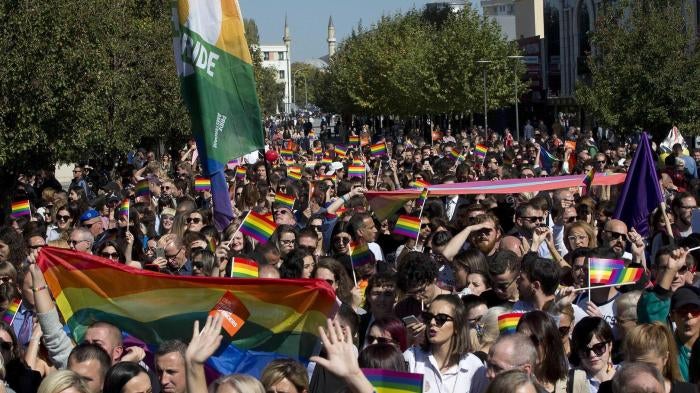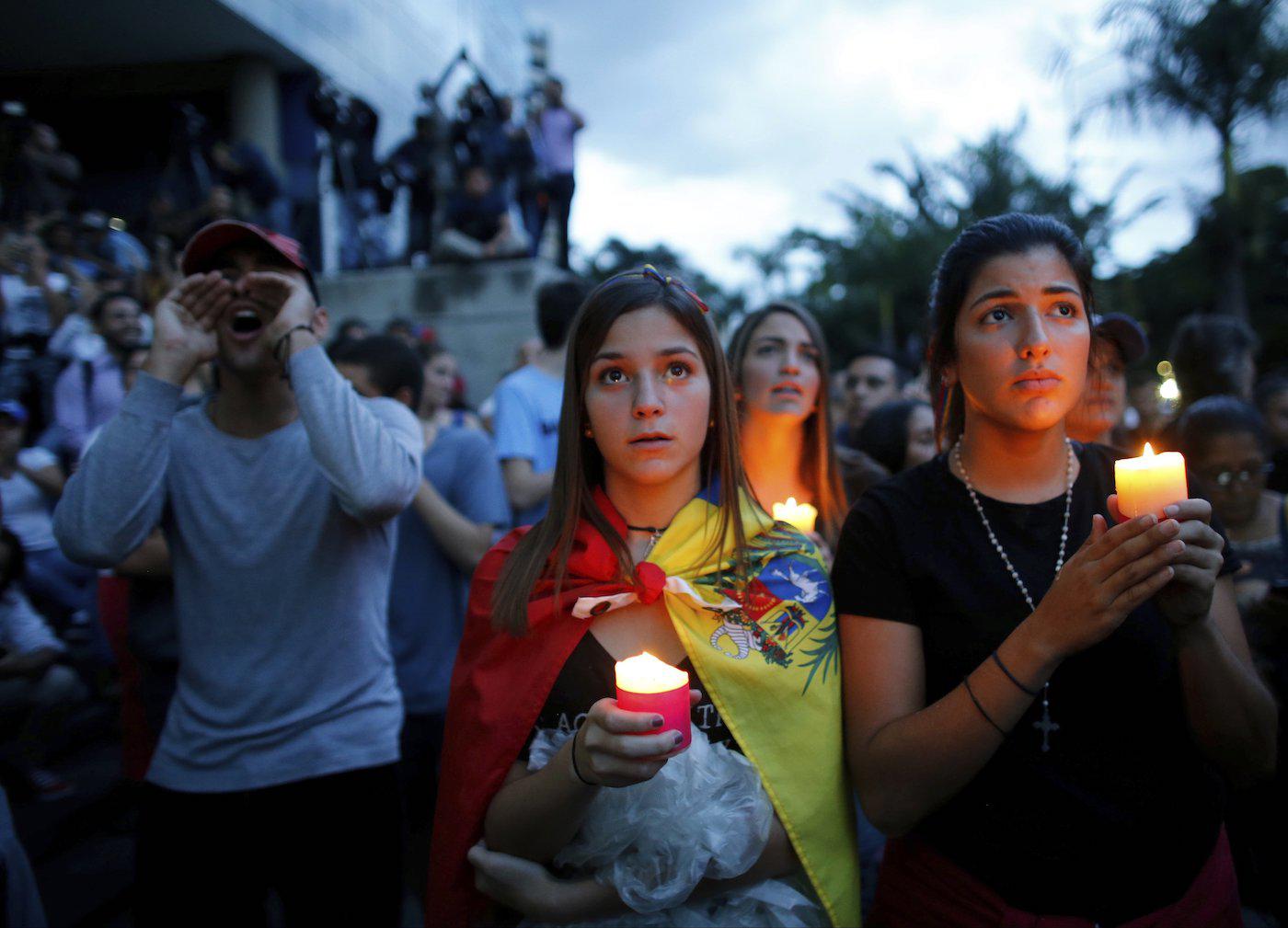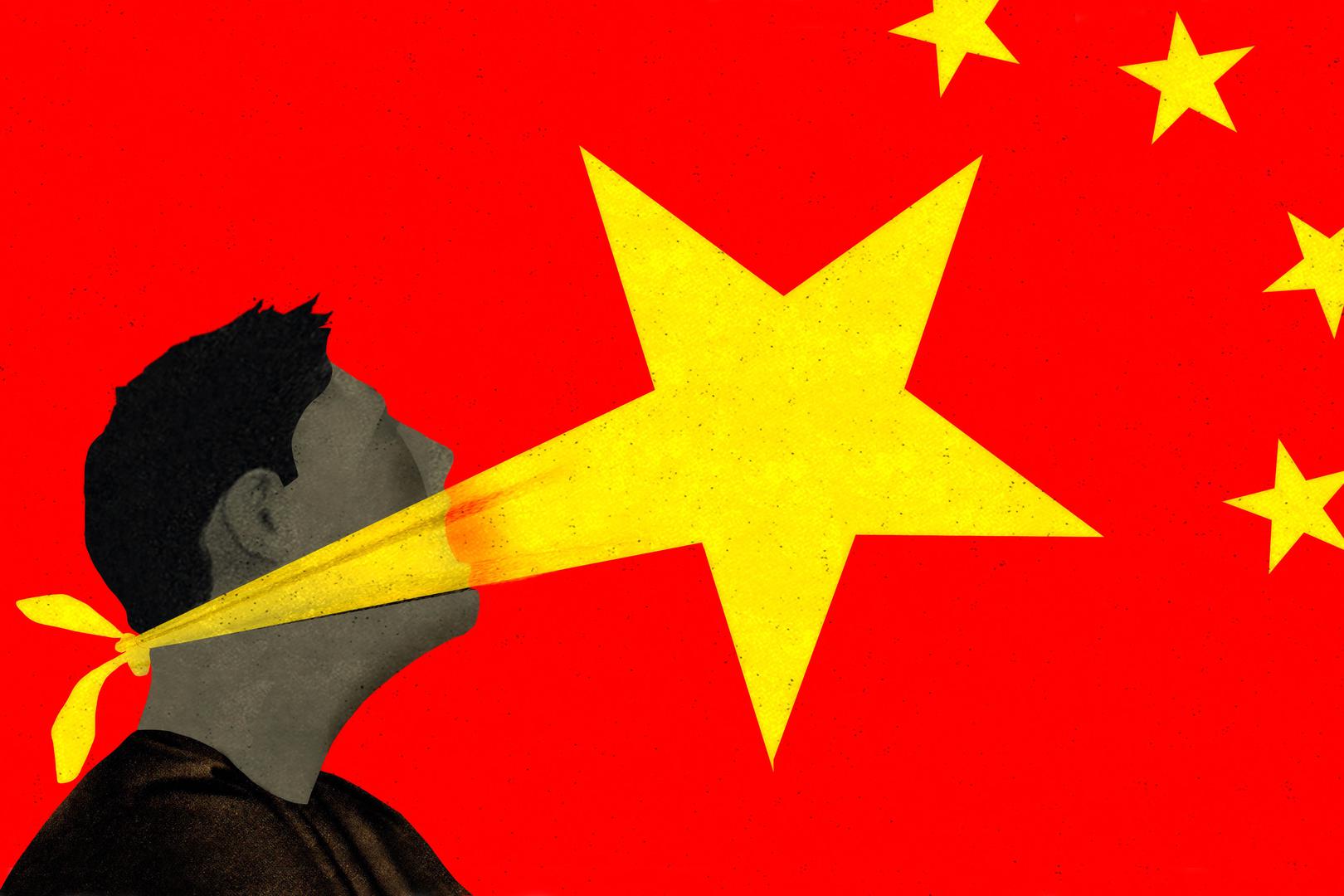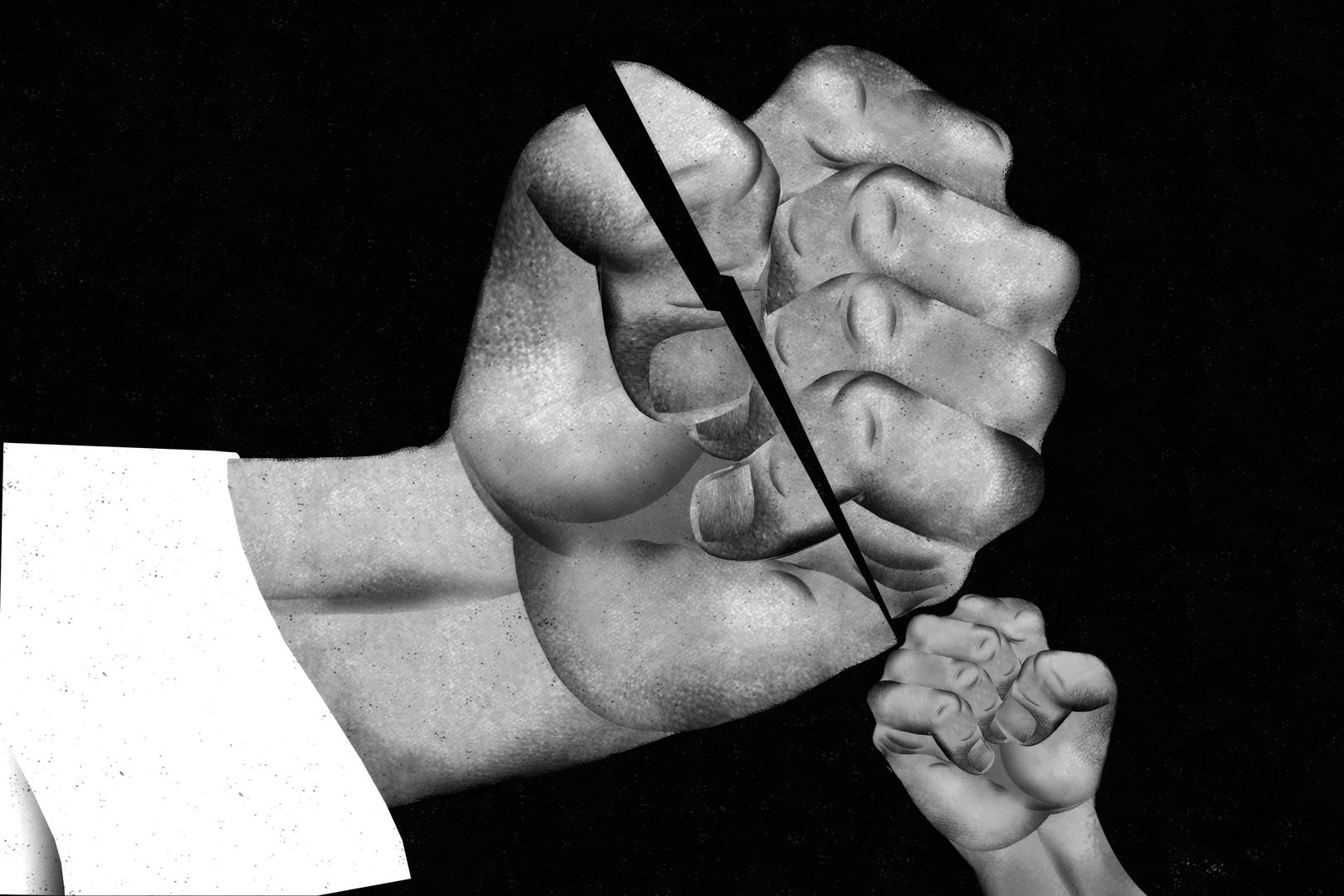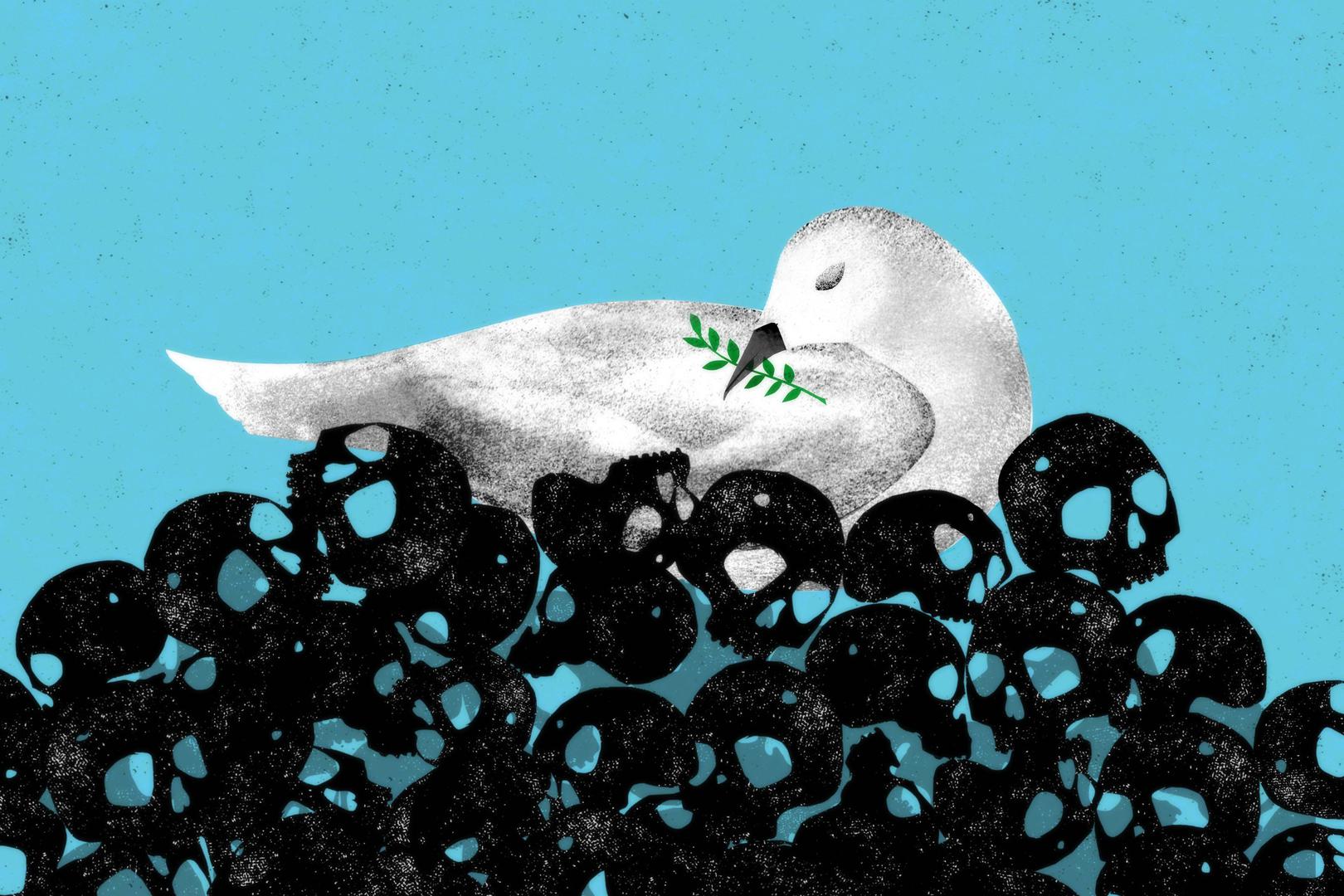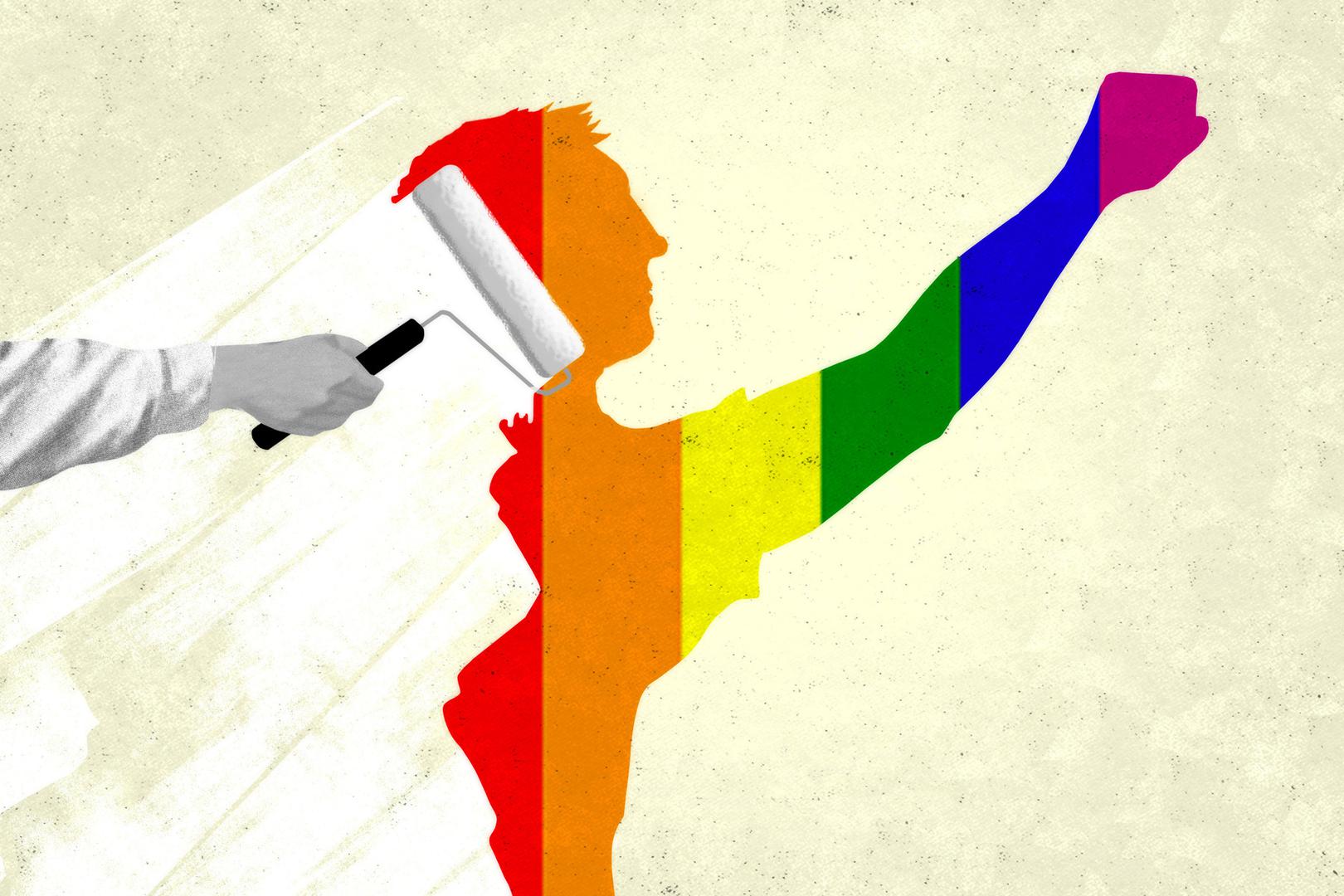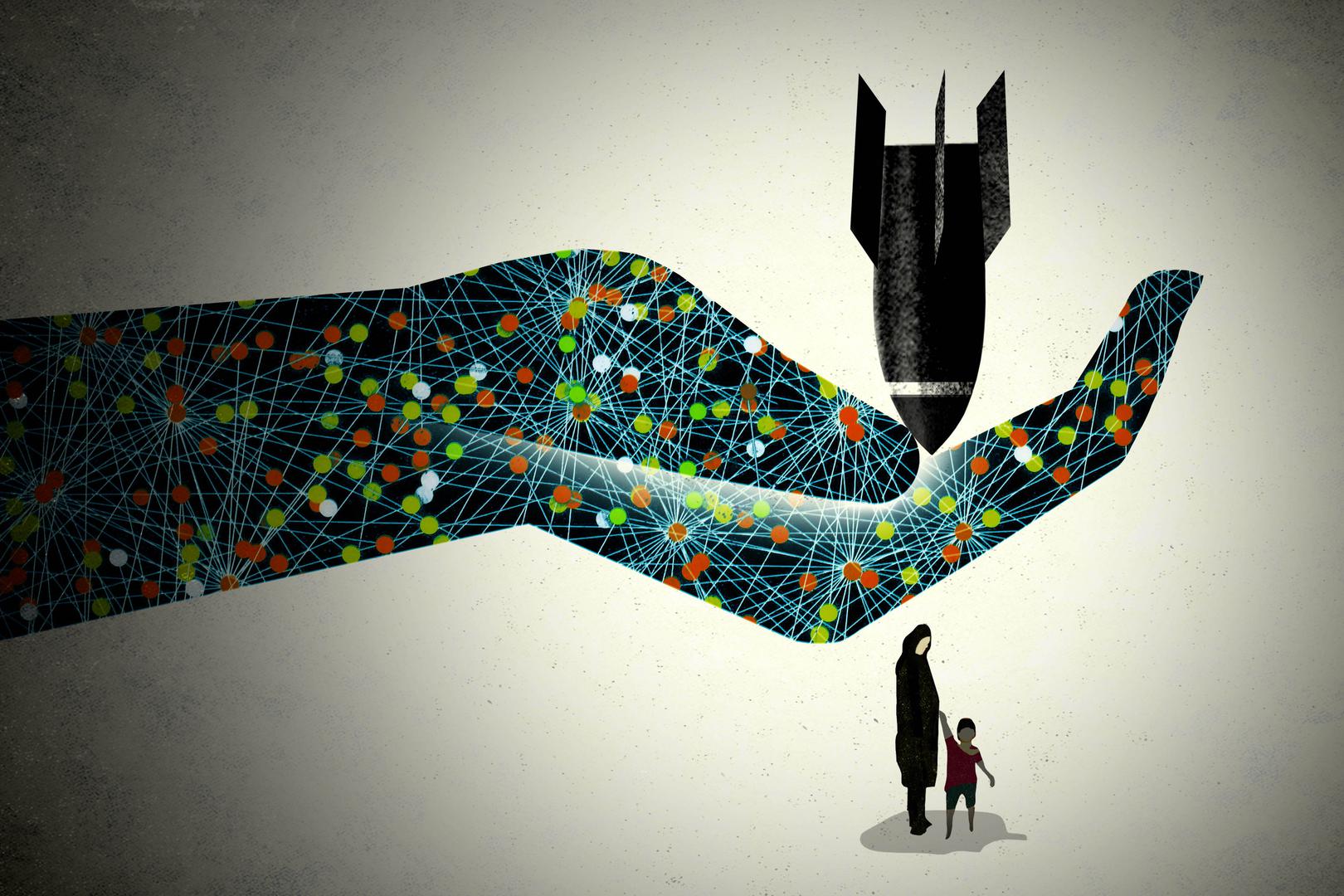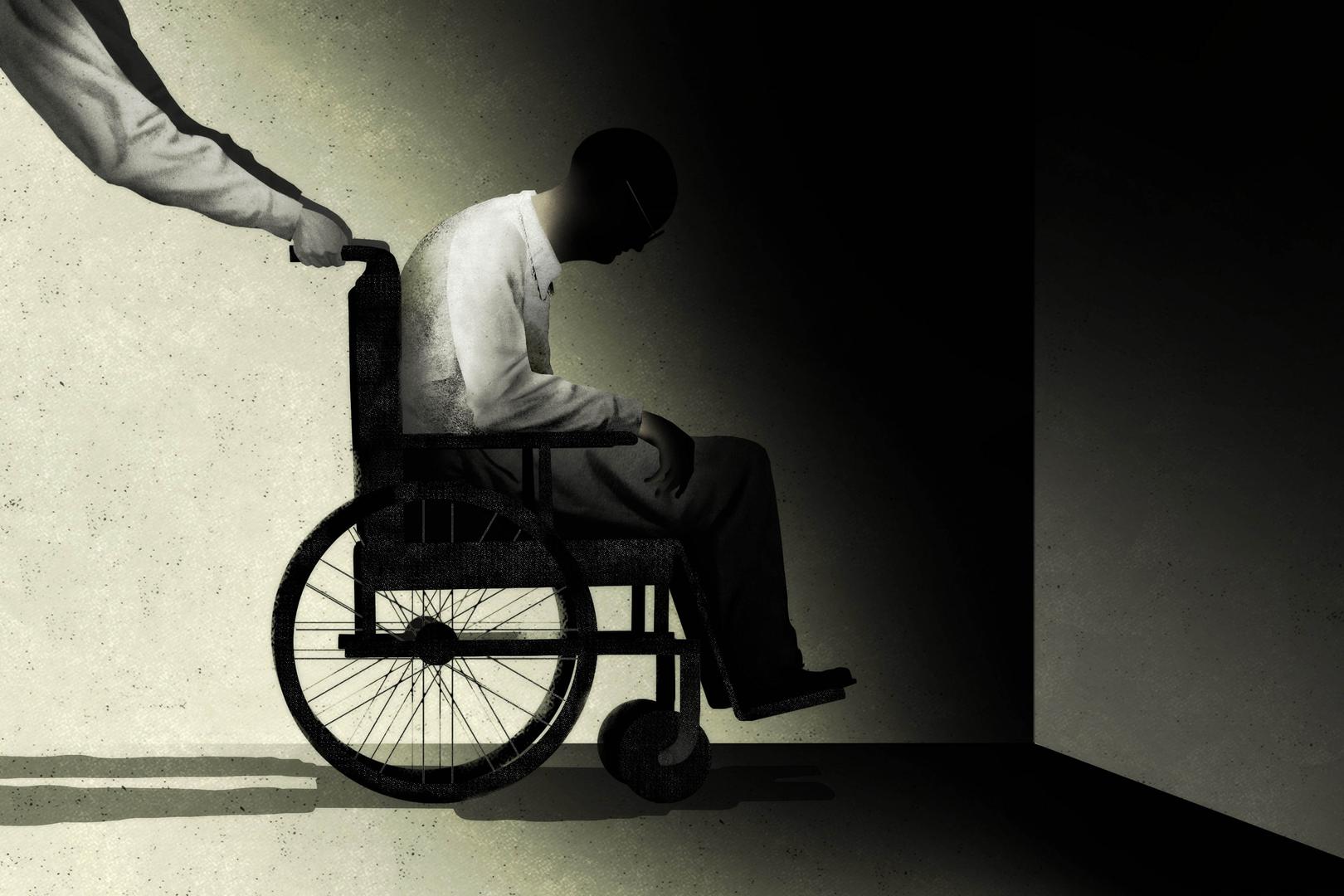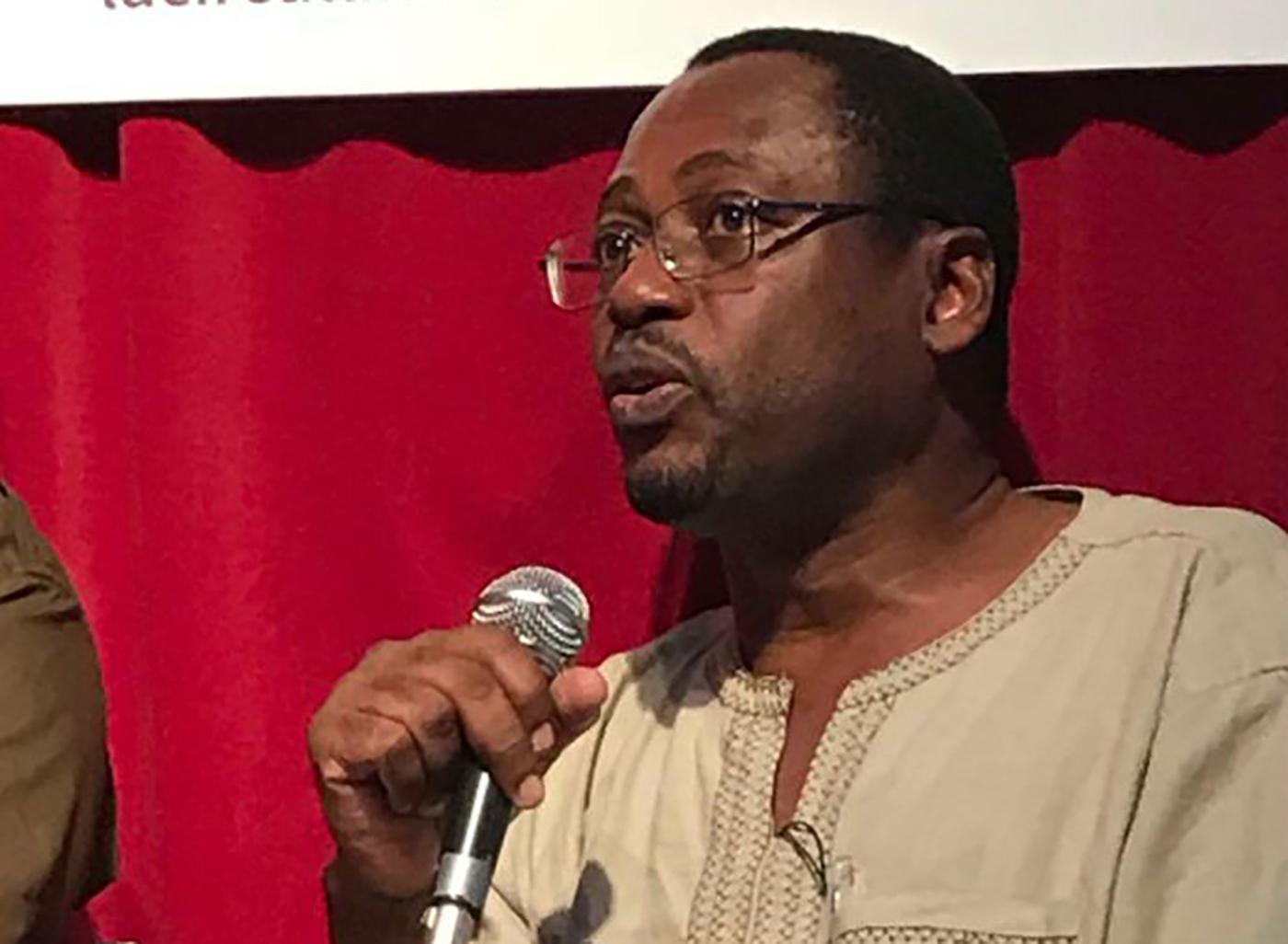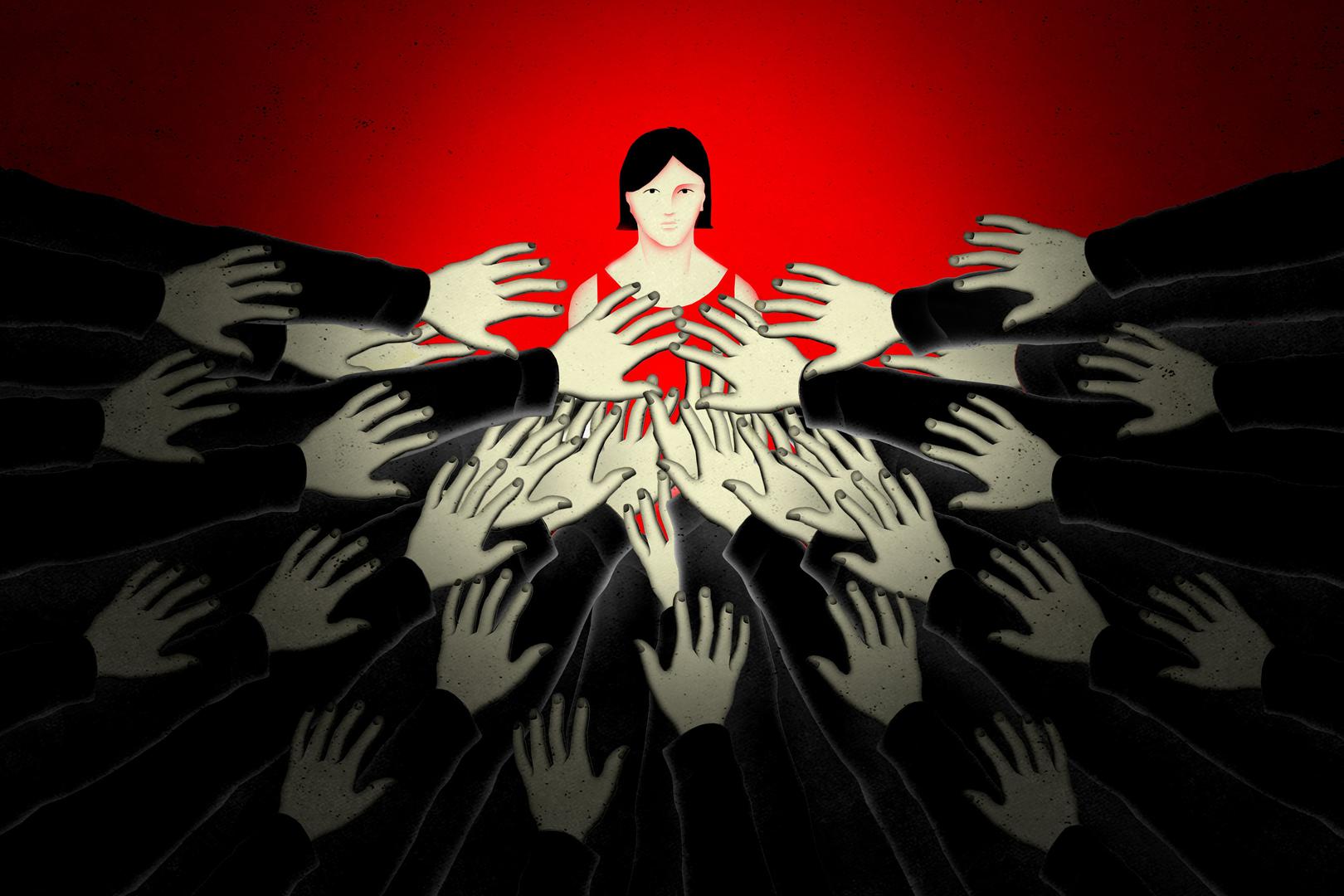Serbia
There was little improvement in human rights protection in Serbia in 2018. War crimes prosecutions in domestic courts progressed slowly and lacked necessary political support. The asylum system remained flawed and conditions for asylum seekers failed to improve. The situation for journalists remained precarious, including attacks, threats, and lawsuits for reporting on sensitive issues.
Migrants, Asylum Seekers, and Long-Term Displaced Persons
Between January and end of July, Serbia registered 4,715 asylum seekers, compared to 3,538 during the same period in 2017. Pakistanis comprised the largest national group in 2018, followed by Afghans and Iranians. By end of July, UNHCR estimated that there were approximately 6,098 asylum seekers and other migrants present in Serbia, compared to 4,700 in August 2017. Asylum seekers and some other migrants are accommodated in 18 government-run facilities across Serbia, including reception centers, asylum centers and transit centers, with a total capacity of 5,880.
In late March, Serbia adopted a new law on asylum and temporary protection. The law aims to align Serbian legislation to international and EU standards and includes victims of gender, gender identity and gender-based violence in the refugee definition and improved provisions for unaccompanied and separated asylum-seeking children. However, it also provides for detention of asylum seekers, restriction of free movement and accelerated asylum procedures.
The process for asylum determination remained inadequate with low recognition rates and long delays before decisions are made. Between January and August, only 151 asylum seekers lodged applications in Serbia, and authorities granted refugee status to only nine and subsidiary protection to 14. Over the past decade, Serbia has only granted refugee status to a total of 53 people and subsidiary protection to 74.
By end of July, 257 unaccompanied children were registered with Serbian authorities, most from Afghanistan, compared to 101 during the same period in 2017. Serbia lacks formal age assessment procedures for unaccompanied children, putting older children at risk of being treated as adults instead of receiving special protection. Only three institutions exist for unaccompanied children, with a total of 43 places. Other unaccompanied children stay in open asylum centers, such as reception and transit centers, often with unrelated adults, making them vulnerable to abuse and exploitation.
There was little progress towards durable solutions for refugees and internally displaced persons from the Balkan wars living in Serbia. According to the Serbian Commissioner for Refugees and Migration, as of July, there were 26,702 such refugees in Serbia, compared to 27,802 during the same period in 2017, most from Croatia, and 199,584 internally displaced people, majority from Kosovo, as of July, compared to 201,047 the previous year.
Freedom of Media
Journalists continued to experience attacks and threats and an inadequate response from Serbian authorities. Pro-government media outlets continued to smear independent outlets and journalists.
Between January and mid-August, the Independent Journalists’ Association of Serbia (NUNS) registered 50 incidents of violence, threats or intimidation against journalists, including four physical attacks and 18 cases of intimidation of journalists by state officials.
In June, blogger and independent journalist Stefan Cvetkovic was reported missing following his reporting on the killing of Kosovo Serb politician Oliver Ivanovic in January. Two days after he went missing, Cvetkovic reappeared and told authorities he had been kidnapped by three unknown men for reasons he did not know. The public prosecutor launched criminal charges against Cvetkovic for falsely reporting a kidnapping. The criminal investigation into his case was ongoing at time of writing. Cvetkovic had reported several threats in previous years linked to his journalism.
In August, the independent online daily Juzne Vesti reported that tax authorities launched a procedure to force the website to pay 8,500 euro in damages. Juzne Vesti had been subject to several tax inspections in the past without any indication of wrongdoing.
A commission established to investigate the murders of three prominent journalists, Dada Vujasinovic in 1994, Slavko Curuvija in 1999, and Milan Pantic in 2001, made no progress. In June, the Higher Court in Belgrade dismissed evidence allegedly placing former Serbian state security officers at the scene of the murder of Curuvija. In July, however, the same court decided to allow the previously rejected evidence. The Vujasinovic and Pantic killings remained unsolved. In August, the commission’s mandate expanded to include murders of journalists in Kosovo between 1998-2001, and Bosnia-Herzegovina and Croatia between 1991-1995.
Accountability for War Crimes
War crimes prosecutions remained hampered due to a lack of political will, adequate resources, and weak witness support mechanisms.
Few high-ranking officials implicated in serious wartime abuses have been held to account in Serbian courts. By August 2018, 11 war crimes cases were still at investigation stage and 19 were pending before Serbian courts. The Office of Serbia’s War Crimes Prosecutor issued two new indictments during the same period. In the first eight months of 2018, first instance courts delivered no judgments in war crimes cases. The appeals court acquitted six persons and returned one case to the first instance court for retrial.
Since the establishment of the War Crimes Prosecutor in 2003, 44 final judgments have been issued, 74 people convicted, and 50 acquitted.
The first trials in Serbia for war crimes in Srebrenica restarted in November 2017 after being plagued by delays. Eight Bosnian Serb former police officers resident in Serbia were charged with the killing in a warehouse of more than 1,300 Bosniak civilians from Srebrenica in July 1995. In June, a witness quit the trial, stating he received threats despite having a protected identity.
In June, the Appeals Court in Belgrade acquitted six former members of a paramilitary group, referred to as the Sima’s Chetniks Unit, of killing 27 Roma in the village of Skocic, Bosnia and Herzegovina, in 1992. The court however found three of the six defendants guilty of inhuman treatment, violations of physical integrity, sexual humiliation and rape and sentenced them to between 6-10 years imprisonment.
In January, the Appeals Court in Belgrade confirmed jail sentences of eight former Vukovar Territorial Defence fighters for the massacre of approximately 200 people at Ovcara following the fall of Vukovar, Croatia, in 1991. The court sentenced the accused to between 5 and 20 years’ imprisonment.
Chief Prosecutor Serge Brammertz at the Mechanism for International Criminal Tribunals (MICT) urged Serbia in June to officially acknowledge the crimes committed in Srebrenica in 1995 as genocide.
The MICT in The Hague in April sentenced Vojislav Sejelj to 10 years’ imprisonment for inciting crimes through nationalist speeches in the Vojvodina, Serbia during the 1992 war. The Tribunal cleared Seselj of war crimes in Bosnia and Herzegovina and Croatia. Seselj has already served his time, having been in custody in The Hague since 2003.
After their 2013 acquittal was overturned, the retrial of former Serbian state security officials Jovica Stanisic and Franko Simatovic at the MICT started in June. Stanisic and Simatovic are charged with crimes against humanity and genocide committed by Serbian forces in Bosnia and Herzegovina and Croatia during the Balkan wars.
Human Rights Defenders
Human rights defenders continued to operate in a hostile environment. Online threats against human rights activists occurred regularly and investigations were slow.
In August, a misdemeanor court in Ruma fined eight activists from the Youth Initiative for Human Rights €420 ($US 476) each for interrupting a speech by convicted war criminal Veselin Sljivancanin in January 2017. The activists were attacked and ejected during the event.
Sexual Orientation and Gender Identity
Attacks and threats of lesbian, gay, bisexual, and transgender (LGBT) people and activists continued. Between January and mid-August, the Serbian LGBT rights organization DA SE ZNA! recorded nine incidents against LGBT people, including four physical attacks, and five cases of threats and intimidation. Investigations are often slow and prosecutions rare. The Pride parade in September took place without major incidents.
Disability Rights
In 2018, the Serbian government continued to promote access to education for all children with disabilities. Children and adults with disabilities continued to be placed in institutions. The government has yet to adopt a time-bound plan to move people with disabilities out of institutions and to support them to live in the community.
Key International Actors
During an April visit to Belgrade, European Union High Representative for Foreign Affairs and Security Policy Federica Mogherini focused on Serbia’s EU accession and the Belgrade-Pristina process but did not publicly address the need to improve human rights.
In its April 2018 report in the context of the Serbia’s accession negotiations, the European Commission stressed that the lack of progress on freedom of expression is “a matter of increasing concern” and the council of the EU pressed Serbia in June to step up efforts to investigate cases of attacks against journalists.
In January, the UN Human Rights Council reviewed Serbia through its Universal Periodic Review mechanism. Serbia accepted 175 out of 190 recommendations made to it by states, but rejected important recommendations to refrain from prosecuting journalists, human rights defenders and other civil society members as a means of deterring them from freely expressing their opinions, and to ratify the International Convention on the Protection of the Rights of All Migrant Workers and Members of Their Families.
In January, the UN Committee on the Elimination of All Forms of Racial Discrimination, after having reviewed Serbia, expressed concerns about the low percentage of Roma children attending all levels of education, as well as segregation of Roma children in schools, and forced evictions of Roma without due process and alternative accommodation provided.
The Council of Europe Committee for the Prevention of Torture and Inhuman and Degrading Treatment or Punishment (CPT) in May published a report raising concerns of ill-treatment of persons in police custody and called on authorities to combat police ill-treatment.
In February, then-Council of Europe Human Rights Commissioner Nils Muižnieks called on Serbia not to glorify war criminals and expressed concerns regarding the state of media freedom and the hostile environment in which journalists work.
Kosovo
Progress on improving human rights protection was slow during the year. Serb and Kosovo leaders in August announced a controversial plan to redraw the borders between Serbia and Kosovo as part of a peaceful settlement between the countries. The plan sparked concerns about human rights consequences of population transfers that would be required under the plan. In March, the Kosovo parliament ratified a border demarcation agreement with Montenegro, an EU requirement for visa liberalization for Kosovo. The operation of the special court to try serious war crimes committed during the 1998-1999 Kosovo war was delayed due to a change in the special prosecutor. Journalists faced threats and intimidation, and prosecutions of crimes against journalists were slow. Tensions between Serbs and Kosovo Albanians continued, particularly in the north. Roma, Ashkali, and Balkan Egyptian communities continue to face discrimination.
Accountability for War Crimes
In March, special prosecutor David Schwendiman at the Hague-based Specialist Chambers and Prosecutor’s Office trying serious war crimes committed during the 1998-1999 conflict resigned his post. In May, Jack Smith, was appointed as the new special prosecutor. At time of writing, no indictments had been issued.
The court is set to adjudicate cases investigated by the Special Investigative Task Force, prompted by a 2011 Council of Europe report accusing some Kosovo Liberation Army (KLA) members of abductions, beatings, summary executions, and the forced removal of human organs in Kosovo and Albania during and after the Kosovo war. Senior KLA fighters are expected to be indicted and stand trial. The court will operate under Kosovo laws, with 19 international judges.
In August, the special prosecution office in Kosovo charged a former Serb police officer with war crimes for his alleged participation in the killing of two Albanian civilians in 1998.
In July, the Kosovo Appeal’s court upheld the indictment against Darko Tasic, an ex-reservist in the Yugoslav army, for war crimes committed in the village of Mala Krusa in 1999.
By mid-June, the European Rule of Law Mission (EULEX) ceased its executive functions in the Kosovo judiciary. By that time, mixed panels of EULEX and local judges had handed down four decisions related to war crimes. Formal investigations were underway in 33 cases and 374 cases were pending at a preliminary investigation stage. EULEX was involved in a total of 46 verdicts since its establishment in 2008. At time of writing, EULEX was set to hand over 900 unresolved cases to the local Special Prosecutor’s Office, working with only two prosecutors on war crimes.
The Human Rights Review Panel, an independent body set up in 2009 to review allegations of human rights violations by EULEX staff, ruled in six cases between January and September and found all inadmissible. Twenty-five cases were pending before the panel at time of writing.
Accountability of International Institutions
No progress was made by the United Nations to follow recommendations made in 2016 by the Human Rights Advisory Panel (HRAP), an independent body set up in 2006 to examine complaints of abuses by the UN Interim Administration Mission in Kosovo (UNMIK), that the UN apologize and pay individual compensation to lead poison victims forced to live in UNMIK-run camps in northern Kosovo after the 1998-1999 war. Victims of the poisoning are displaced members of the Roma, Ashkali, and Balkan Egyptian communities. The special rapporteur on the implications for human rights of the environmentally sound management and disposal of hazardous substances and wastes sent a letter to UN Secretary General Gueterres in July 2018, emphasizing that the “need to provide the victims, who continue to face economic and social hardship in addition to grave health concerns, with individual compensation remains as critical as ever.”
Treatment of Minorities
Roma, Ashkali, and Balkan Egyptians continue to face problems acquiring personal documents, affecting their ability to access health care, social assistance, and education. There was no visible or reported progress towards integration of these minority communities.
Inter-ethnic tensions continued during 2018 particularly in Kosovo’s divided north. In January, unknown assailants shot dead Kosovo-Serb politician Oliver Ivanovic outside his office in Mitrovica, northern Kosovo. Kosovo police were investigating at time of writing. In October, unknown assailants threw stones at two buses carrying pilgrims from Serbia to an Orthodox-Christian monastery in the north west of Kosovo. No one was injured and Kosovo police were investigating at time of writing. Kosovo police registered six cases of inter-ethnic violence between January and July 2018, that included incidences categorized as ethnic defamatory graffiti, incitement of religious, ethnic and racial hatred, and damaging of a commemorative plaque.
Women’s Rights
Domestic violence remained widespread in Kosovo with weak police response, few prosecutions, and judges seemingly reluctant to issue restraining orders against abusive spouses. In January, eight of nine shelters for victims of domestic violence were forced to shut down temporarily due to budgetary delays but reopened later that month when authorities provided emergency funding. In May, rules stating that organizations receiving government support were required to receive 50 percent of funds from elsewhere, put domestic violence shelters under renewed financial pressure. In November, one of the nine shelters, located in Gjilan, reported that the new rules had created budget instability and were limiting the capacity of shelters to provide needed services to victims of domestic violence. In February, authorities officially launched the application process for wartime survivors of sexual violence to be granted legal status as war victims and to seek financial compensation.
Asylum Seekers and Displaced Persons
During the first 10 months of the year, the United Nations High Commissioner for Refugees registered 232 voluntary returns of members of ethnic minorities to Kosovo down from 343 during that period in 2017.
The Kosovo Ministry of Internal Affairs registered 628 forced returns to Kosovo between January and September. The Ministry of Internal Affairs reported that it does not have ethnic data for the returnees. Among those deported to Kosovo were 39 children. Most of these forced returns were from Germany. The state provides returnees with limited assistance upon return.
Sexual Orientation and Gender Identity
Hate speech online against lesbian, gay, bisexual, and transgender (LGBT) rights activists continued, particularly around the Kosovo Pride in October. In May, authorities rejected a transgender man’s request to change his first name and legal gender. The legal gender recognition request was the first case of its kind in Kosovo. At time of writing, an appeal of the decision was being prepared. Kosovo Pride in October took place without significant incidents.
Freedom of Media
Threats and attacks against journalists continued in 2018, while investigations and prosecutions were slow. Between January and September, the Association of Journalists of Kosovo registered 13 cases of threats and violence against journalists, including one physical attack, one case of property damage, one death threat, and 10 other threats. Police were investigating at time of writing.
In June, Valon Rashiti, a reporter at TV-station T7, was physically attacked by the family member of a person he was interviewing for a news story in Pristina. He suffered light injuries. Police were investigating at time of writing.
Unknown assailants twice damaged the car of Radio Kosova news editor, Serbeze Haxhiaj, in March, after Balkan Investigative Reporting Network published her story on political assassinations after the war. Haxhiaj reported the damage to her car to police who were investigating at time of writing.
In July, Gazeta Metro journalist Shkumbin Kajtazi received a threat over the phone from Mitrovica Mayor Agim Bahtiri. Bahtiri allegedly told Kajtazi that “I will f**k your relatives. You stepped on my honor.” The threat came following Kajtazi’s publication of a story about an alleged improper appointment of the mayor’s new cabinet chief. Police were investigating the attack at time of writing.
Key International Actors
During the year, European Union High Representative for Foreign Affairs and Security Policy Federica Mogherini met with Kosovo President Hashim Thaci and Serbian President Aleksandar Vucic on several occasions, often focusing on the normalization of Kosovo’s relations with Serbia but did not raise human rights concerns adequately.
In February, the European Commission adopted a new strategy for EU engagement with the Western Balkans, which stated that without effective normalization of relations between Belgrade and Pristina, there could not be lasting stability in the region.
In April, the European Commission confirmed that Kosovo had met two outstanding criteria to qualify for visa liberalization; the ratification of the demarcation agreement with Montenegro and the strengthened fight against crime and corruption. In September, the European Parliament voted in favour of visa liberalization for Kosovo.
The Organization for Security and Cooperation in Europe (OSCE) Representative on Freedom of the Media Harlem Desir in March expressed concerns about the safety of journalists reporting on a police intervention in Mitrovica in northern Kosovo and stressed the need for journalists to be able to operate safely without fear.
In March, six Turkish citizens with legal residency in Kosovo were summarily deported to Turkey without due process, and in violation of safeguards against refoulement. Kosovo Prime Minister Ramush Haradinaj denied knowledge of the deportation and stated that it had been undertaken by Kosovo Intelligence Agency and police. In April, Turkish media reported that the six Turkish citizens had been imprisoned upon arrival in Turkey pending trial.
In his May report on the situation in Kosovo, UN Secretary-General Antonio Guterres expressed concerns about the slow progress of the investigation into the murder of Kosovo-Serb politician Oliver Ivanovic and called on authorities to intensify their investigation efforts.
